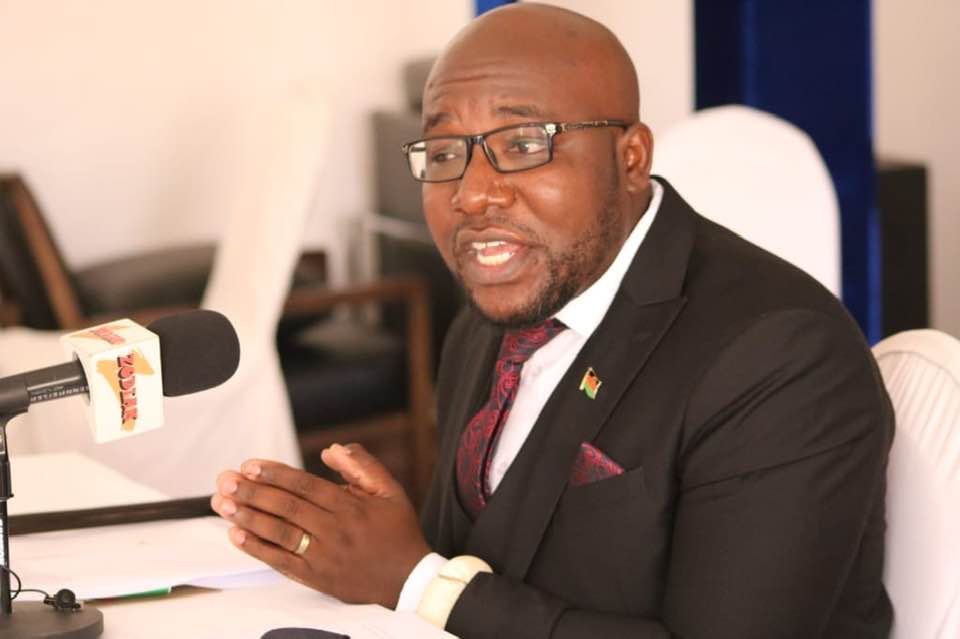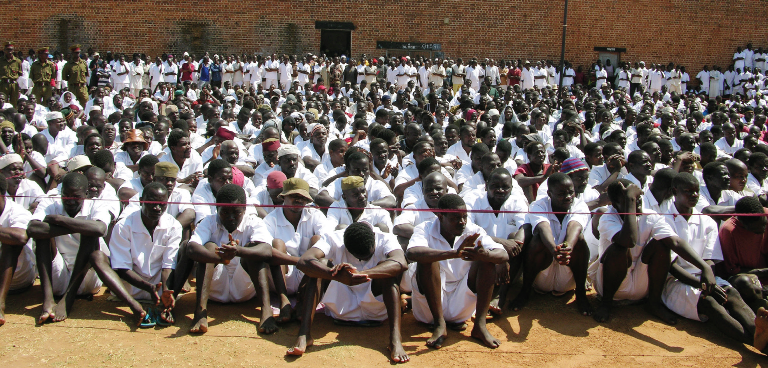Government has finally drawn a Peace and Unity Bill, which seeks the formation of the Malawi Peace and Unity Commission (MPUC).
But contrary to wide expectations, the Bill’s roles will not include addressing grievances of victims of atrocities by past regimes.
Mtambo: We are working on it
The Bill comes after President Lazarus Chakwera in his State of Nation Address delivered in September 2020, promised to constitute a Truth and Reconciliation Commission to handle complaints about past human rights abuses.
The Bill’s failure to address old atrocities has sparked outrage from the Returnees and Ex-detainees Association which has demanded answers from the Ministry of National Unity which owns the proposed legislation.
The grouping has a 23 000 membership that includes people who were locked up in prisons for political reasons or fled into exile during the 30-year-old dictatorial Malawi Congress Party (MC) regime that ended in 1994.
The Bill, expected to be tabled in the National Assembly during the current sitting, signals that the MPUC’s key mandate is to promote peace and unity to avert conflicts.
The 10 functions of MPUC are outlined in Section 4 which reads in part: “Coordinate formulation and review of national policies on unity and peace building; harmonise and coordinate efforts in conflict prevention, management and resolution for purposes of building sustainable peace…
“Provide guidance on conflict prevention, management and resolution to the government and other entities; strengthen capacity for conflict prevention, management and resolution; undertake studies and research on underlying root causes, patterns, dynamics and effects of conflicts in the country.”
But Returnees and Ex-Detainees Association chairperson Sangwani Mkandawire has expressed disappointment with the Bill’s failure to give the commission a mandate to handle their grievances.
He said in an interview on Wednesday: “We are deeply concerned by the decision not to align the Bill to reconciliation and compensation of past atrocities. We will take government to task so that they explain what is happening; especially Minister of National Unity [Timothy] Mtambo because we entrusted him to support us in our cause.
“We had expected that compensation shall come in the limelight, resettlement, truth and reconciliation shall be done. This is why we feel betrayed that this Bill has not addressed those key issues. You can’t solve the present challenges by ignoring the past.”
In response, Mtambo said expectations that the commission will address grievances of past regimes were off the mark.
He said: “Our part is not to use this law to address these issues as they were settled in 1994. The Compensation Tribunal didn’t work well and the Ombudsman wrote a report to order government to do something. So, we don’t need to establish a law to do that. Rather, we just need to continue where things were stopped.”
The minister, nonetheless, said there is a different programme, currently in pipeline, to tackle MCP atrocities compensations.
“The ministry is developing a national healing and building programme to deal with past atrocities. A Cabinet paper has been developed following consultations with various stakeholders,” said Mtambo.
Told about the national healing and building programme, Mkandawire said if the initiative does not meet their expectations once it is rolled out, they will drag government to court.
When the United Democratic Front took over government following democratic elections in 1994, it formed a National Compensation Tribunal (NTC) to pay off victims of the 30-year-old one party regime.
However, the Ombudsman’s report released in 2017 revealed that politicians abused the Tribunal by influencing prioritisation and payments to politically-connected individuals at the expense of thousands of victims who remained unattended.
Titled Malawi’s Unhealed Wounds, the report ordered the government to, within three months, settle about 15 000 of claims unsettled by the NCT which was shut down in 2006.
The then Democratic Progressive Party administration defied the order while the current Tonse Alliance government has also done nothing to effect compensation nearly three years since it took over power.
The post Peace Bill snubs atrocity victims appeared first on The Nation Online.
 Moni Malawi
Moni Malawi 

